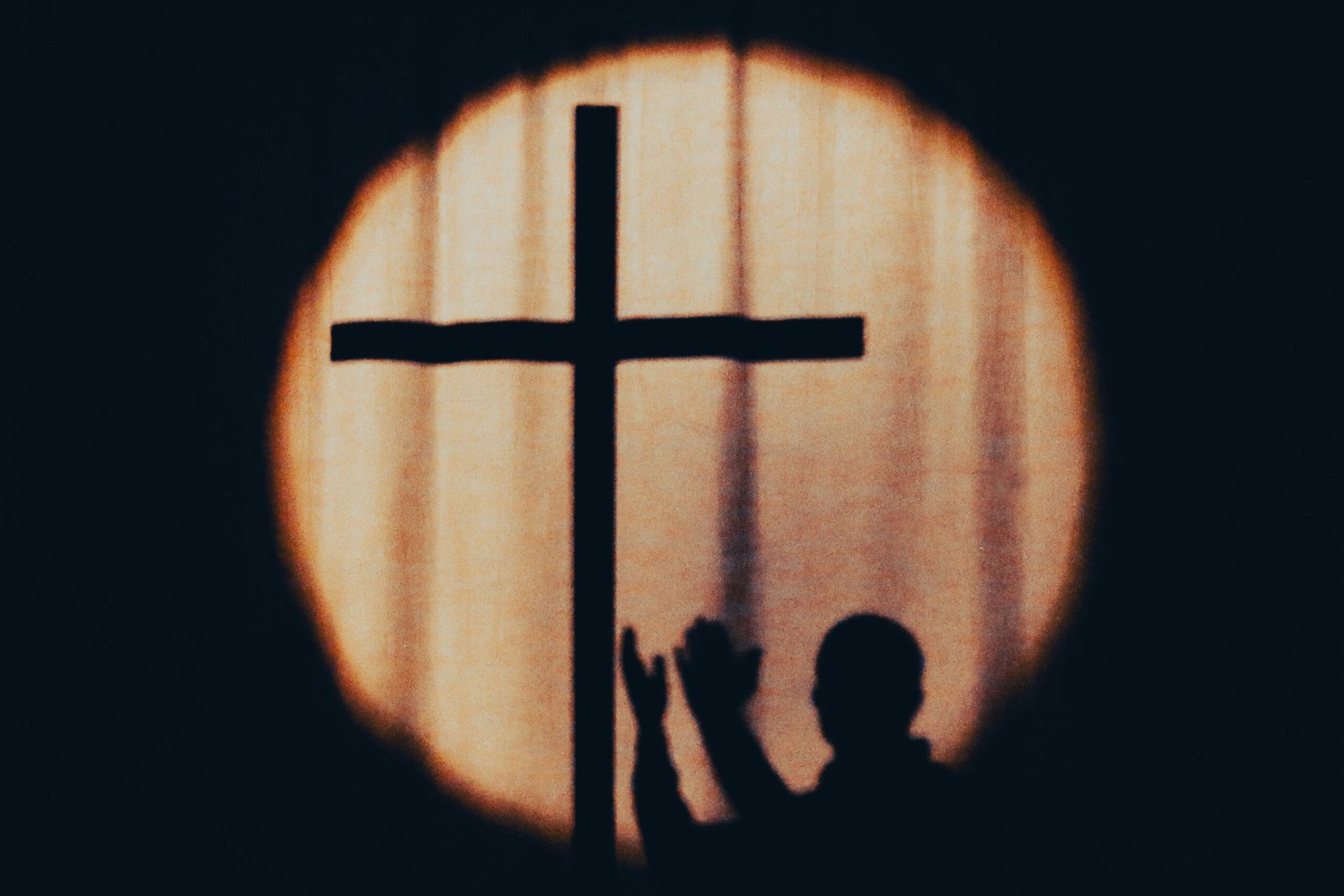By F. Luis Casasus, General Superior of idente missionaries
Commentary on the Sunday Gospel of 12-3-2017 (Second Sunday of Lent) (Book of Genesis 12:1-4a; 2Timothy 1:8b-10; Saint Matthew 17:1-9)
When you climb up a mountain, three things fill your heart: Your climbing partners, the overcome hardships and the horizon before you. I dare to say that Jesus, as an exceptional teacher, took advantage of the powerful symbolism of the mountain to firmly imprint in his disciples that Transfiguration constitutes an opening door to a new relationship with our neighbors, a fruit of the purification and a different perspective of our spiritual life and our mission.
The first reading presents a sublime example of Transfiguration in the life of Abraham, who was 75 years old when he received a new divine call to leave his homeland and go to a strange land, engraving on his heart a striking prophecy: All the communities of the earth shall find blessing in you; a new and unexpected horizon in his vocation, something difficult to forget in the rest of his life. Transfiguration is the immediate response of the Holy Spirit to our fasting, to our decision to step out of our comfort zone.
In his letter to the young bishop Timothy, Saint Paul old, sick and prisoner for the love of Christ, receives a very especial and particular grace to help others when he is weakened and defenseless. This fails to comply with mere human psychology. Again, we have a clear-cut case of Transfiguration.
We have all had direct experience of this permanent Trasfigurative Union. Just three examples of the above points:
-How it is possible that I love this person, whom I am afraid of and I can hardly understand?
– I have heard so many great things about the Cross, but only now, after a complete acceptance of Apathy, of living without visible signs of success, I can see the value of my humble testimony.
– More and more, I see that the only reason to persevere, even to be alive is to bring souls to God, mostly in unexpected ways.
It is one thing to experience this transfiguration, and quite another to make use of its gifts. This is true openness; this is being truly natural, faithful to our condition of finite beings, open to the infinite. The season of Lent is to renew our filiation, our sonship; we need to be transformed into our true identity, which is to be created in the likeness of God.
This is why these lines are entitled: What is the worst thing we can say about Transfiguration? If we think that Transfiguration is something occasional or a gift for some but not for others; or we have the vague impression that it was a special magic show…we are really missing the point. The transfiguration is repeated every time we listen to Him and allow our life to be enlightened, our transfigurative experience is renewed every time we accept a mission beyond our possibilities and our “spiritual state”, as Abraham and Paul, the religious founders and the martyrs did. The continuous manifestation of Transfiguration is an overwhelming dominance of faith, hope and charity that is perceived by the others as something consistent, something that exists in the form of a true new personality in the midst of our weaknesses and our sins…and this personality is increasingly looking as the personality of Jesus.
Saint Peter asked Jesus to put up three tents in the mount Tabor. Jesus does not reprove him or make fun of him, because Peter realized that Transfiguration has to be something permanent and his fiery temper led him to propose a somewhat bizarre solution so as not to lose a second of such a wonderful state.
Ecstasy is the name given by our Father Founder to the moments when we feel the surprise and the power of new forms of faith, hope and charity in our own life; moments which we can describe and share, while we know that they are unique and unrepeatable, they are like the overflow of a river, the sharp changes in the water cycle, the Regimen.
It is the contrast between these gifts in the mountain-top and the struggles of the plain that is so striking. We see everything clearly and the presence of God is very real. But most of our lives, and most of our ministries, are spent in the plain, struggling with intractable problems and difficult people.
Therefore, it is easy to get discouraged. But we should never doubt in the darkness what God has shown us in the light. Those glimpses of glory are foretastes of heaven. They are far more real than the disappointments and difficulties. We recognize who we truly are and what God wishes to express and show through us in this world. They remind us of the presence of God in our lives and his support through ordinary, dull, frustrating times. This was the experience of Peter, (James and John): they did not care about their own dwelling or their food in the mountain.
Pope Francis is talking these days about our spiritual memory; like the disciples, we too must recall the Transfiguration experience in our lives, especially when we are bearing our crosses. Without a real transforming experience of God in our lives, it would be difficult to stay focused based on one’s intellectual knowledge of Jesus. Having a God-experience and remembering our God-experience is what will always give us strength in every situation in life. Even more, in the Ascetical-Mystical Examination we have the opportunity of confirming and being confirmed by our mutual experiences.
The path to glory for a Christian is to follow the same route of the master. Only in having seen the glory of God, can we imitate Jesus who left His mountain top experience to enter into His ministry of serving and suffering. When we have been transfigured by the light of Christ, we must reveal Him to the world.
We disciples are asked to follow Jesus, not only by listening to His words, but also by sharing in His experience of life as the one and only opportunity for ultimate consolation and joy of our fellowmen. As we say in our Martyrial Sacra: To live and to transmit the Gospel (not just to read it and to talk about it). But this is not all. May we never stop meditating on what are the implications of the second part: with the sacrifice of my life and my reputation.
The Command by our Heavenly Father, Listen to Him, is similar to Mary’s last recorded words at the wedding on Cana when she said: Whatever He tells you, do it. We are called to be witnesses of his glory and when we make it a habit to listen to Jesus as the Father said
In the words of Pope Benedict XVI:
And so, this is the gift and duty for each one of us during the season of Lent: to listen to Christ, like Mary. To listen to him in his Word, contained in Sacred Scripture. To listen to him in the events of our lives, seeking to decipher in them the messages of Providence. Finally, to listen to him in our brothers and sisters, especially in the lowly and the poor, to whom Jesus himself demands our concrete love. To listen to Christ and obey his voice: this is the principle way, the only way, that leads to the fullness of joy and of love (2006).
Prayer meant so much to Jesus. It was a permanent dimension of his life. Every prayerful encounter with his Father brought out the best in Him. Three of his disciples witnessed the transforming power which prayer had on Jesus as a human being. There was a time, however, in the life of Jesus, on another mountain -the Mount of Olives- when the loving dialogue of prayer apparently turned into a monologue of distress. It was as if God had “hidden His face” from Jesus. But, on that occasion, too, Jesus closed his conversation in the way he had taught his disciples to pray: Your will be done! Then an angel appeared to console him in his distress. The presence of the angel showed that prayer had worked.
Such is also the lesson for us, as we reflect on the Transfiguration of Jesus while he was at prayer. If we understand this point clearly, prayer will never be “boring” or “routine” or a monotonous “monologue.” It may happen that we, too, find ourselves praying fervently, crying our hearts out, but apparently to no effect, for God seems not to be listening. But we know that God is always there. He is always listening even when we cannot see Him and we cannot hear his voice, then and there. His answer will come at the proper time –in His time- which is always the best time.











